
A Biography of Peter Singer
Peter Singer (b. 1946) is arguably the world’s most influential living philosopher. In 2005 Time magazine named him one of the one hundred most influential people in the world, and he ranked third on the Gottlieb Duttweiler Institute’s list of Global Thought Leaders for 2013.
Singer was born on July 6 in Melbourne, Australia, to Jewish parents who had fled Vienna in 1938 after the Austrian annexation by Hitler’s Germany. His grandparents, however, did not leave, and three of them died in the Holocaust. Singer’s maternal grandfather was the renowned classical scholar David Oppenheim, who was an early collaborator—and then a critic—of Sigmund Freud’s. Singer explores the lives of his grandparents, the time in which they lived, and the lasting impact they had on his and countless others’ lives in Pushing Time Away, first published in 2003.
As an undergraduate at the University of Melbourne, Singer studied law, history, and philosophy, receiving a bachelor of arts degree with honors in 1967. He married Renata Diamond, an author and novelist in her own right, the following year, and in 1969 he received a master’s degree, also from the University of Melbourne, with the thesis “Why should I be moral?”
Singer was awarded a scholarship to study at the University of Oxford and in 1971 obtained a bachelor of philosophy degree with a thesis on civil disobedience, published in 1973 as Democracy and Disobedience. He was supervised by R. M. Hare, a philosopher Singer cites as one of his greatest mentors.
Thus began Singer’s teaching career, which included periods at Oxford, New York University, and Monash University, and would span the period from 1971 to 1999. During this time, he achieved international acclaim; Animal Liberation, his work on the ethics of animal treatment that popularized the term speciesism, was published in 1975 and thrust Singer into the global spotlight. In 2011 Time included Animal Liberation in its All-Time 100 Nonfiction Books list.
Singer went on to publish more than forty books delving into the fundamentals of morality, ethics, abortion, infanticide, euthanasia, and world poverty, including Practical Ethics (1979), The Expanding Circle (1981), How Are We to Live? (1993), and Rethinking Life and Death (1994), which were translated into more than twenty-five languages. Many of Singer’s best works were anthologized in Writings on an Ethical Life, published in 2000.
By the end of the nineties, Singer had moved to the United States after accepting the position of Ira W. DeCamp Professor of Bioethics in the University Center for Human Values at Princeton University. In 2004 he turned his eye to the Bush administration, releasing The President of Good and Evil in the lead-up to that year’s presidential election. The book further expanded his readership, putting him at the center of contemporary debate. During the same year, Singer was recognized as the Australian Humanist of the Year.
In 2005 he was offered the position of laureate professor at the University of Melbourne’s School of Historical and Philosophical Studies, a position he continues to hold alongside his appointment at Princeton.
A lifelong champion of making philosophy relevant to a broad audience, Singer founded the Centre for Human Bioethics at Monash University in Australia, where he served as chair of the Philosophy Department. In 2012 he was made a Companion of the Order of Australia, the nation’s highest civic honor, for his services to philosophy and bioethics.
Singer currently serves on the advisory boards of Incentives for Global Health and Academics Stand Against Poverty, and on the board of Animal Charity Evaluators. He has three daughters and four grandchildren. His recreations include hiking and surfing.

Peter and Renata Singer at their graduation from the University of Melbourne in 1967.

Peter and Renata at their wedding on December 16, 1968.
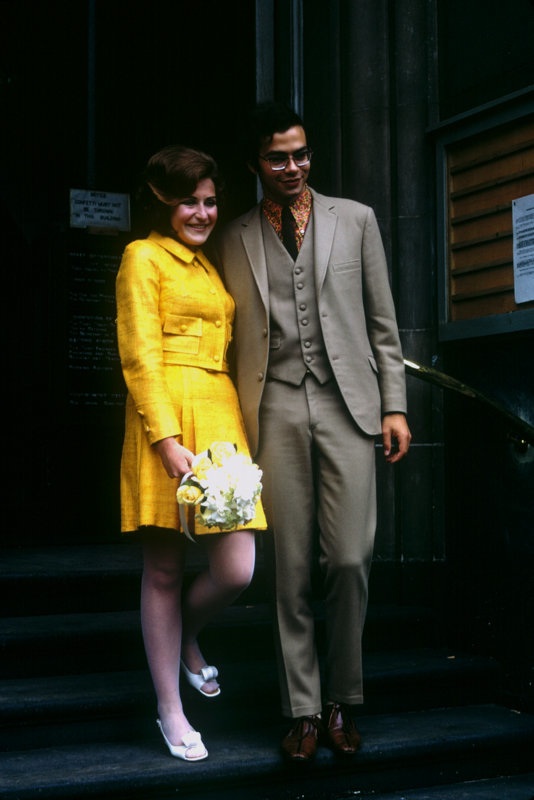
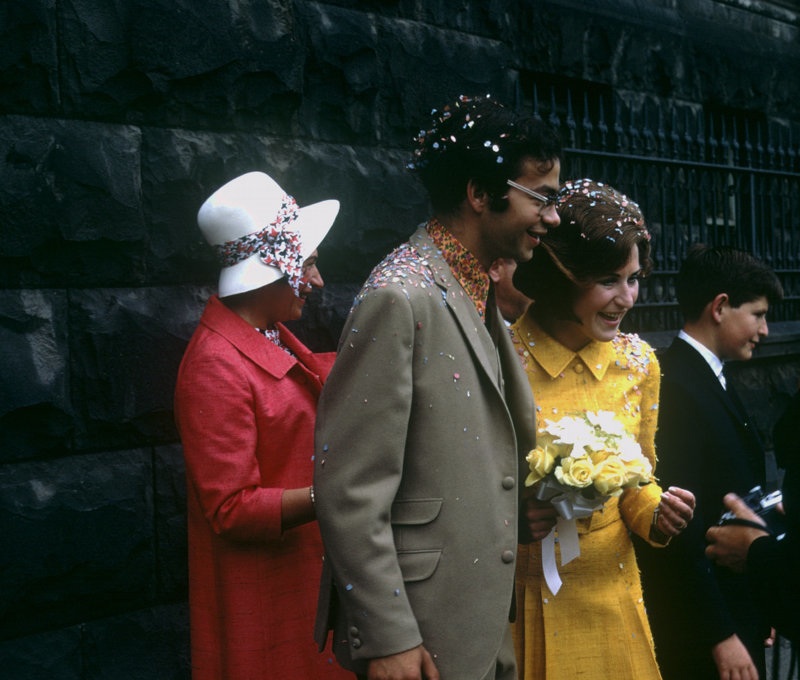
Wedding celebrations continue for the young couple!

Peter and Renata near Oxford, circa 1971.

The author at Princeton University in 1999. Photo courtesy of Denise Applewhite, Princeton University.

A rare find for a keen hunter: the edible cauliflower fungus (sparassis crispa). Princeton, circa 2005.
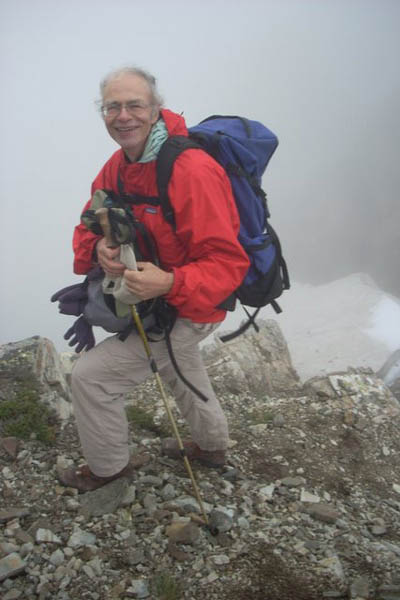
The author hiking in Glacier National Park, Montana, 2008. Photo courtesy of Renata Singer.
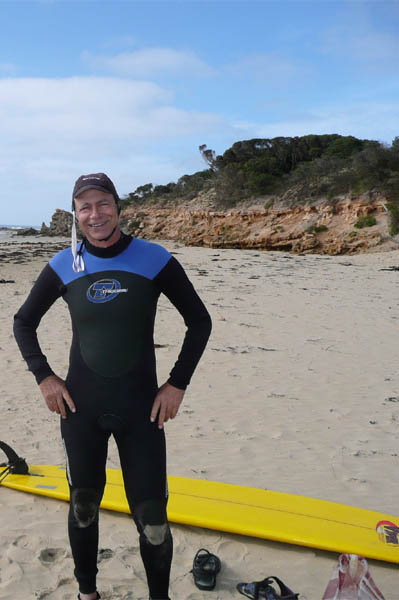
The author ready for the surf in Anglesea, Victoria, Australia, 2009.
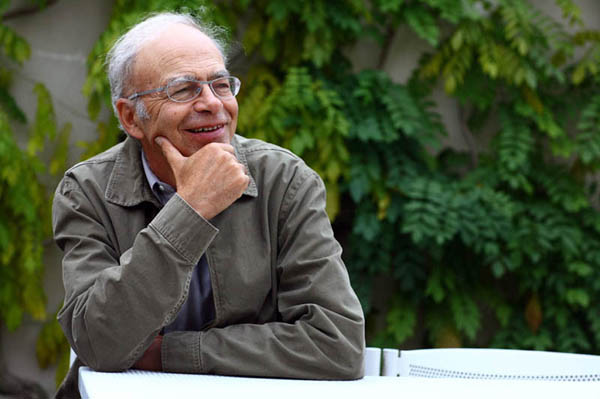
Singer at Princeton University in 2010. Photo courtesy of Andrew Wilkinson.
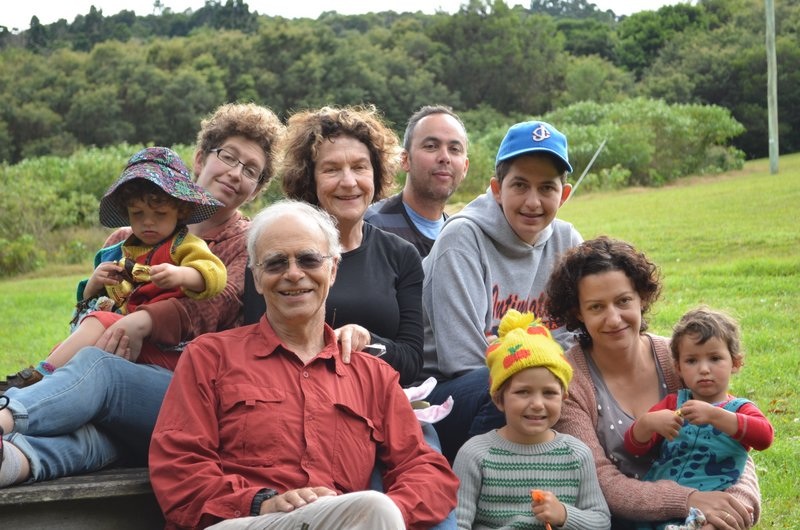
The author on vacation with his family in Queensland, Australia, Easter 2011.
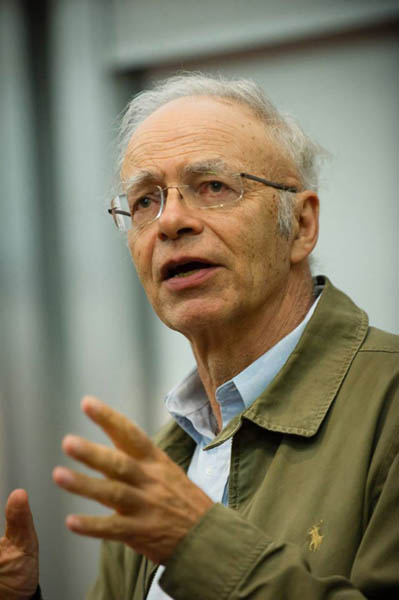
Singer arguing for the legalization of physician-assisted dying at the International Conference on End of Life, Brisbane, Australia, August 2014. Photo courtesy of Tony Phillips, ICEL.